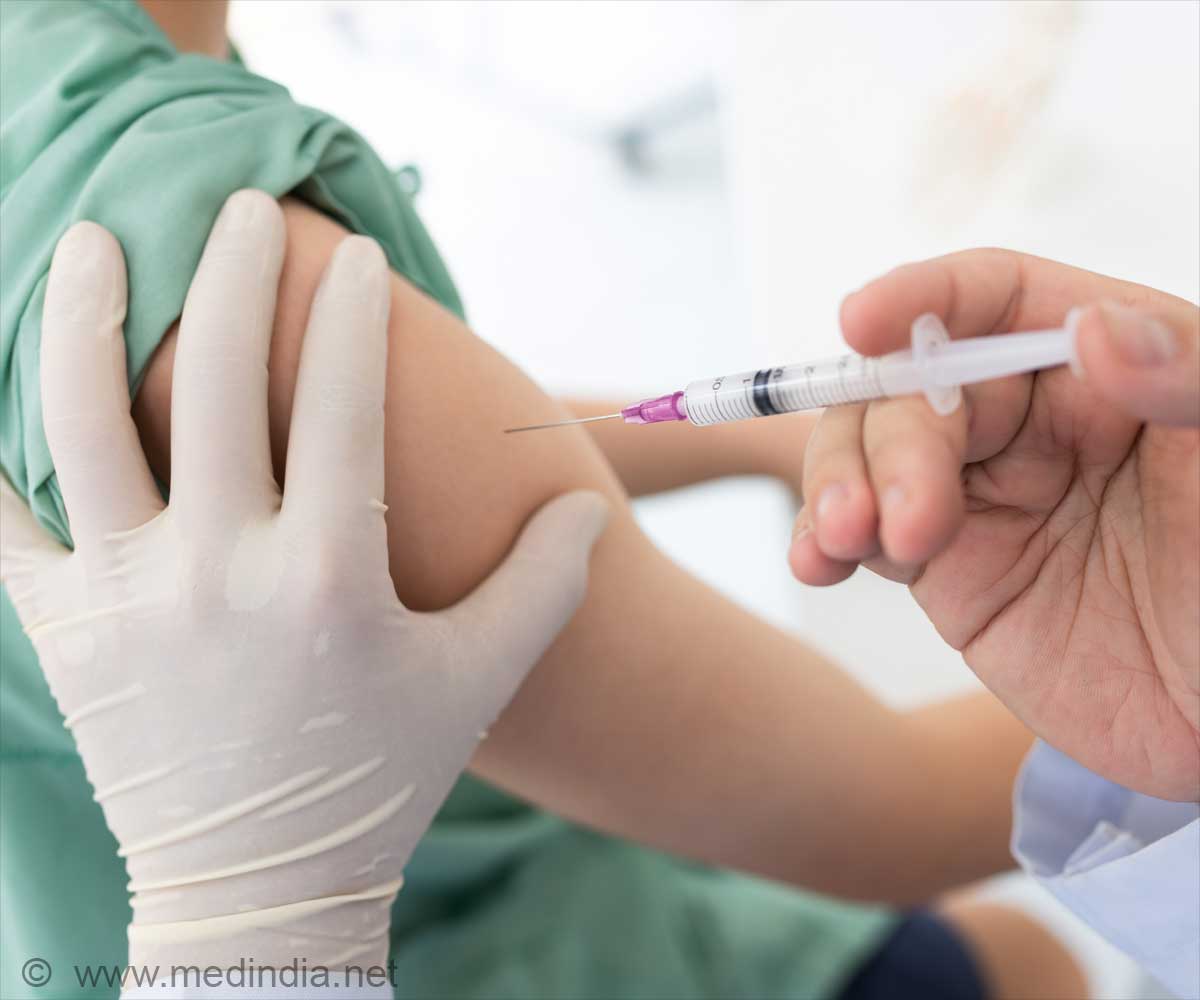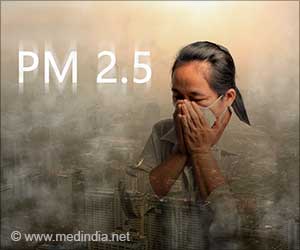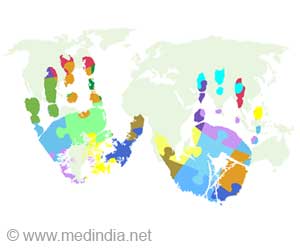How can vaccines help combat antimicrobial resistance? Vaccines can prevent infections, reduce antibiotic use, and lower AMR-related deaths by 22%.

- Vaccines could reduce global antibiotic use by 2.5 billion daily doses annually
- Vaccines for TB and pneumonia can save hundreds of thousands of lives from AMR
- Developing new vaccines is critical in the fight against drug-resistant infections
Better use of vaccines could reduce antibiotic use by 2.5 billion doses annually, says WHO
Go to source).
Vaccines could prevent the need for 2.5 billion daily antibiotic doses per year, reducing the global threat of antimicrobial resistance! #vaccineswork #AMR #medindia’
What is Antimicrobial Resistance (AMR)?
AMR occurs when bacteria, viruses, fungi, and parasites stop responding to antimicrobial drugs, making people sicker and increasing the risk of sickness, mortality, and the spread of difficult-to-treat illnesses.What are the Causes of Antimicrobial Resistance?
AMR is mostly caused by the misuse and overuse of antibiotics. On the contrary, many people around the world lack access to important antimicrobials. Every year, AMR causes roughly 5 million deaths worldwide.Role of Vaccines in Preventing Antimicrobial Resistance
Vaccines are an important component of the response to AMR because they prevent infections, minimize antibiotic usage and misuse, and slow the emergence and spread of drug-resistant bacteria.Vaccines Can Prevent Deaths Due to Antimicrobial Resistance
The latest report builds upon a WHO study published in BMJ Global Health last year (1). It forecasts that vaccines already in use against pneumococcus pneumonia, Haemophilus influenzae type B (Hib, a germ that causes pneumonia and meningitis), and typhoid could prevent up to 106,000 fatalities from AMR each year.An additional 543 000 deaths from AMR could be avoided each year if new vaccinations for tuberculosis (TB) and Klebsiella pneumoniae are developed and implemented globally. While new tuberculosis vaccines are in clinical trials, one for Klebsiella pneumoniae is in its early stages of research.
Prevent Infections and Combat Antimicrobial Resistance
"Preventing infections is the first step in addressing antimicrobial resistance," stated Dr Tedros Adhanom Ghebreyesus, Director-General of the World Health Organization. "Prevention is better than cure, and increasing access to existing vaccines and developing new ones for critical diseases, like tuberculosis, is critical to saving lives and turning the tide on AMR."Vaccinated people have fewer illnesses and are less likely to have complications from subsequent infections that may necessitate the use of antimicrobial medications or hospitalization. The paper assessed the impact of both licensed vaccines and vaccines in various stages of development.
How Vaccines Help Prevent Diseases
Every year, vaccinations against:- Streptococcus pneumoniae may save 33 million antibiotic treatments if 90% of the world's children and older persons were immunized under the Immunization Agenda 2030.
- Accelerating the use of antibiotics in high-burden nations could save 45 million doses for typhoid and up to 25 million doses for Plasmodium falciparum malaria, which is frequently mistreated.
- Tuberculosis could have the most impact once established, saving between 1.2 and 1.9 billion antibiotic doses - a sizable fraction of the 11.3 billion doses used annually to treat the diseases examined in this study.
- Vaccines could greatly minimize the huge economic expenses associated with AMR.
- Globally, the research estimates that healthcare expenses for treating resistant diseases total $730 billion per year. If vaccines against all of the tested infections were made available, they could save one-third of the hospital expenses associated with AMR.
People-Centered Strategy to Prevent Antimicrobial Resistance
To prevent, detect, and treat infections, a comprehensive, people-centered strategy must be implemented across all health systems. This approach considers vaccination as essential for avoiding AMR and particularly effective when paired with other therapies.On September 26, the 79th United Nations General Assembly High-Level Meeting on AMR approved a political declaration committing to a clear set of targets and activities, including a 10% reduction in the anticipated 4.95 million human fatalities from bacterial AMR by 2030. The proclamation underlines crucial topics such as the necessity of access to vaccinations, medicines, treatments, and diagnostics, as well as the need for incentives and finance structures to encourage multisectoral health research, innovation, and development in the fight against AMR.
Reference:
- Better use of vaccines could reduce antibiotic use by 2.5 billion doses annually, says WHO (https://www.who.int/news/item/10-10-2024-better-use-of-vaccines-could-reduce-antibiotic-use-by-2.5-billion-doses-annually--says-who)
Source-Medindia















